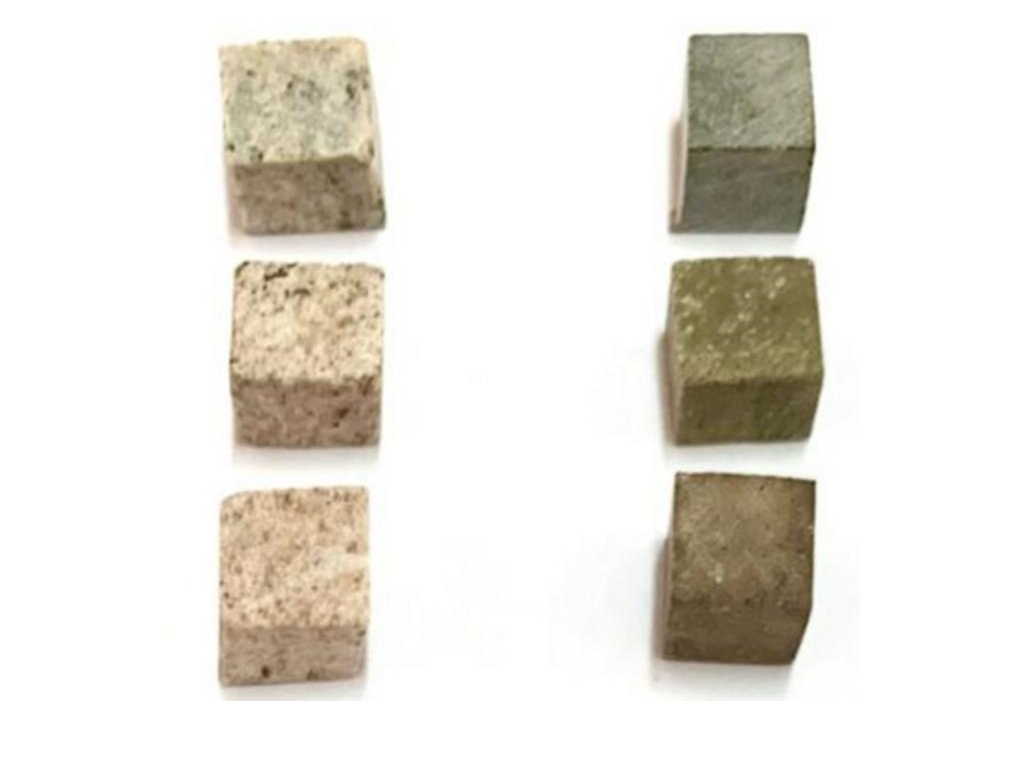Scientists figure out how to turn rocks into batteries
Granite and soapstone offer low cost and environmentally friendly method of storing solar energy

Your support helps us to tell the story
From reproductive rights to climate change to Big Tech, The Independent is on the ground when the story is developing. Whether it's investigating the financials of Elon Musk's pro-Trump PAC or producing our latest documentary, 'The A Word', which shines a light on the American women fighting for reproductive rights, we know how important it is to parse out the facts from the messaging.
At such a critical moment in US history, we need reporters on the ground. Your donation allows us to keep sending journalists to speak to both sides of the story.
The Independent is trusted by Americans across the entire political spectrum. And unlike many other quality news outlets, we choose not to lock Americans out of our reporting and analysis with paywalls. We believe quality journalism should be available to everyone, paid for by those who can afford it.
Your support makes all the difference.Scientists have discovered a way to store the Sun’s energy in rocks and convert the heat into electricity.
Using an approach called concentrated solar power, a team of researchers from Tanzania found that certain granite and soapstones could store solar heat at a sufficiently high density to serve as a primitive form of battery.
Thermal energy storage has been touted as a low-cost way of storing and harvesting energy from the Sun, even when it’s no longer shining.
Last year, scientists from Sweden and China came up with a way to store solar energy for nearly two decades using an ultra-thin chip, which serves as a thermoelectric generator.
The innovative system could technically be integrated into electronics, however it remains too costly to implement at scale.
By contrast, the granite and soapstone samples offer a low cost and readily available method of storing solar energy, the researchers said.
“Using rocks as a storage medium offers the potential of affordability due to the abundance and low cost of rocks,” the researchers noted in a paper outlining their findings.
“An air-rock bed has low investment cost, high reliability and efficiency, is environmentally friendly, and does not require the use of heat exchangers.”
The rock bed captures and collects solar thermal energy up to 600 °C, which is then used to boil liquid into steam that powers a generator turbine to produce electricity.
The results were detailed in a study, titled ‘Experimental Investigation of Soapstone and Granite Rocks as Energy-Storage Materials for Concentrated Solar Power Generation and Solar Drying Technology’, published by the American Chemical Society.
Other thermal energy storage systems have focussed on salt and water, with researchers at Eindhoven University of Technology unveiling a heat battery last year that they claim could work at scale.
Rather than capturing heat from the Sun, the system instead collects industrial residual heat.
“While the potential is great, we have also seen many great potential technologies that have not made it,” the scientists said at the time. “So we’re going to keep our feet on the ground and take this one step at a time.”

Join our commenting forum
Join thought-provoking conversations, follow other Independent readers and see their replies
Comments